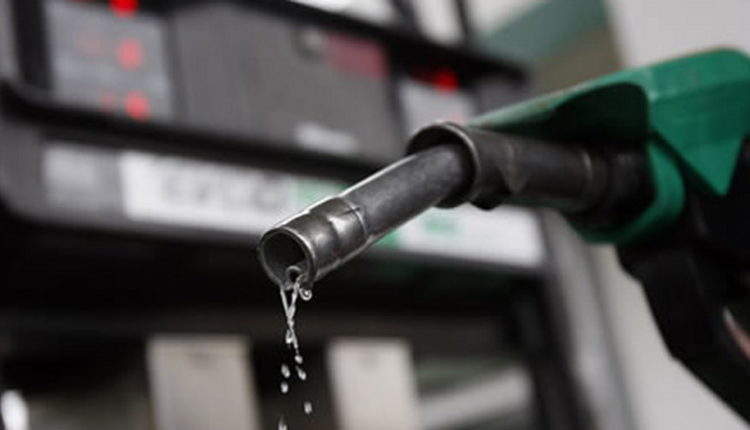Fuel prices likely to remain unchanged in the first pricing window of November – IES
The Institute for Energy Security(IES) has predicted fuel prices to remain relatively unchanged on the domestic fuel market from November 1, 2023.
IES forecasts that the average price per litre of petrol will remain at ¢12.35, whilst diesel will be pegged at ¢15.90 per litre. The price of Liquefied Petroleum Gas (LPG) will also remain at ¢12.90 per kilogramme (Kg).
This follows a marginal drop in the price of finished products of petrol, diesel and Liquefied Petroleum Gas (LPG) on the international market.
However, the cedi depreciated during the last two weeks.
“Following a marginal drop in the price of Gasoline [petrol], Gasoil [diesel], and LPG by some 0.01%, 0.95%, and 1.71% respectively on the international market, a depreciation of the Ghana cedi against the U.S. dollar, fuel prices are likely to remain relatively unchanged on the domestic fuel market. Although the Ghana Cedi depreciated by 1.32% to the U.S. Dollar, the Institute for Energy Security (IES) is projecting that ex-pump prices of key market products will be maintained in the first two weeks of November 2023, largely due to the falls in international prices of the commodities”.
The IES alluded that data from its Economic Desk on the domestic foreign exchange (Forex) market over the last two weeks showed that the Ghana Cedi made a loss of 1.32% against the U.S. dollar, closing the window at ¢11.86 to the dollar, from a previous rate of ¢11.71.
On the local fuel performance, IES indicated that its daily monitoring of the domestic fuel market observed price reductions for liquid fuels by Oil Marketing Companies (OMCs) in the second pricing window for October 2023.
Specifically, the price of diesel dropped by an average of ¢0.45 to ¢15.90 per litre, while the price of petrol was also reduced by ¢0.60 to ¢12.35 per litre.
That of LPG stood at ¢12.90 per kilogramme.
On the world oil market, IES said the global oil supply from numerous OPEC+ countries in the Middle East, possibly all of them, is dependent on how far the Israel-Hamas conflict spreads.
On the demand side of the oil price equation, there is still concern about China’s economic development prospects, which has been the world’s largest yearly gross crude oil importer since 2017.
Brent Crude prices started increasing amidst calls for sanctions on Iran when Hamas first struck Israel. The prices have since slowed down but still react intermittently to new developments from the Middle East.



